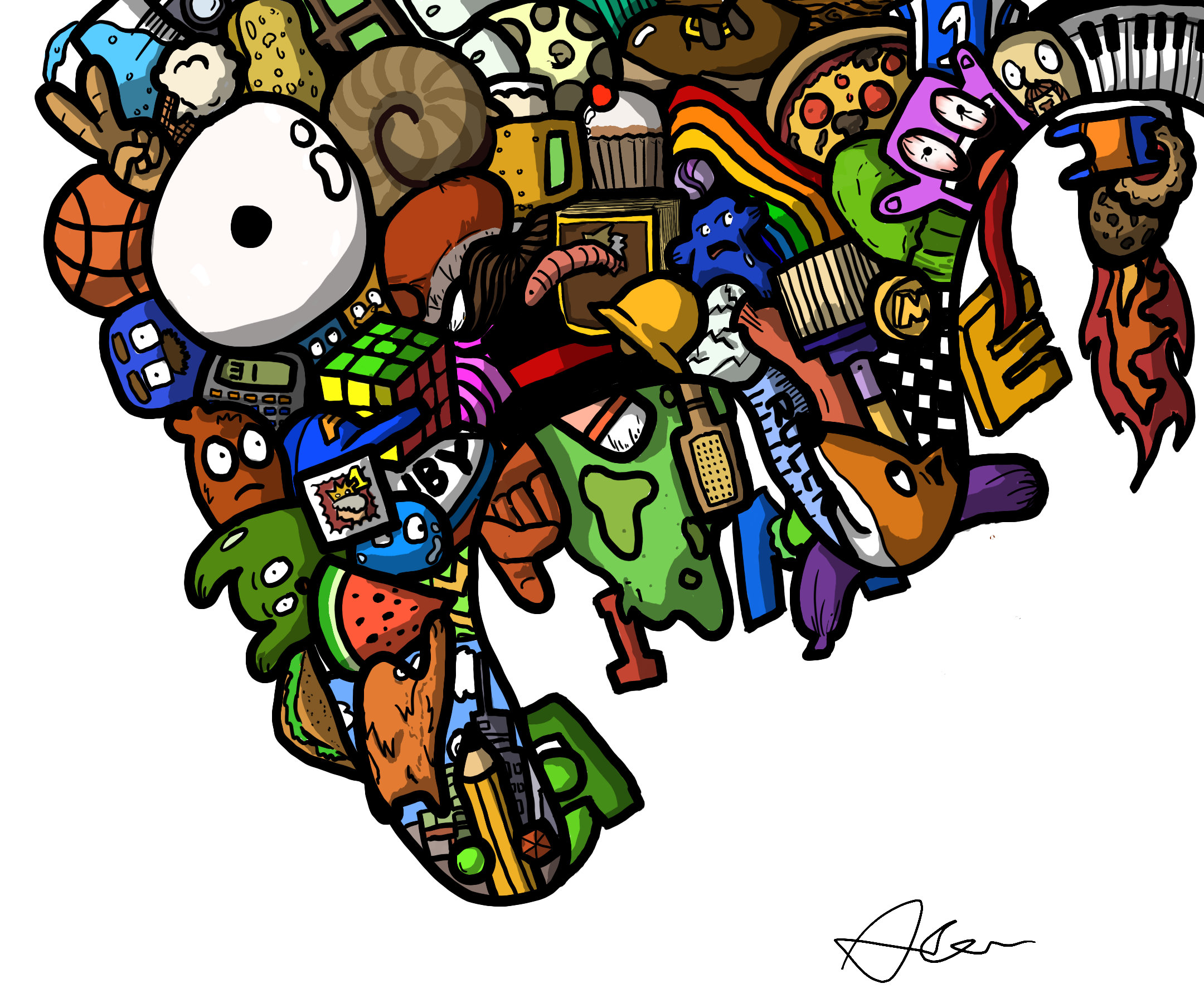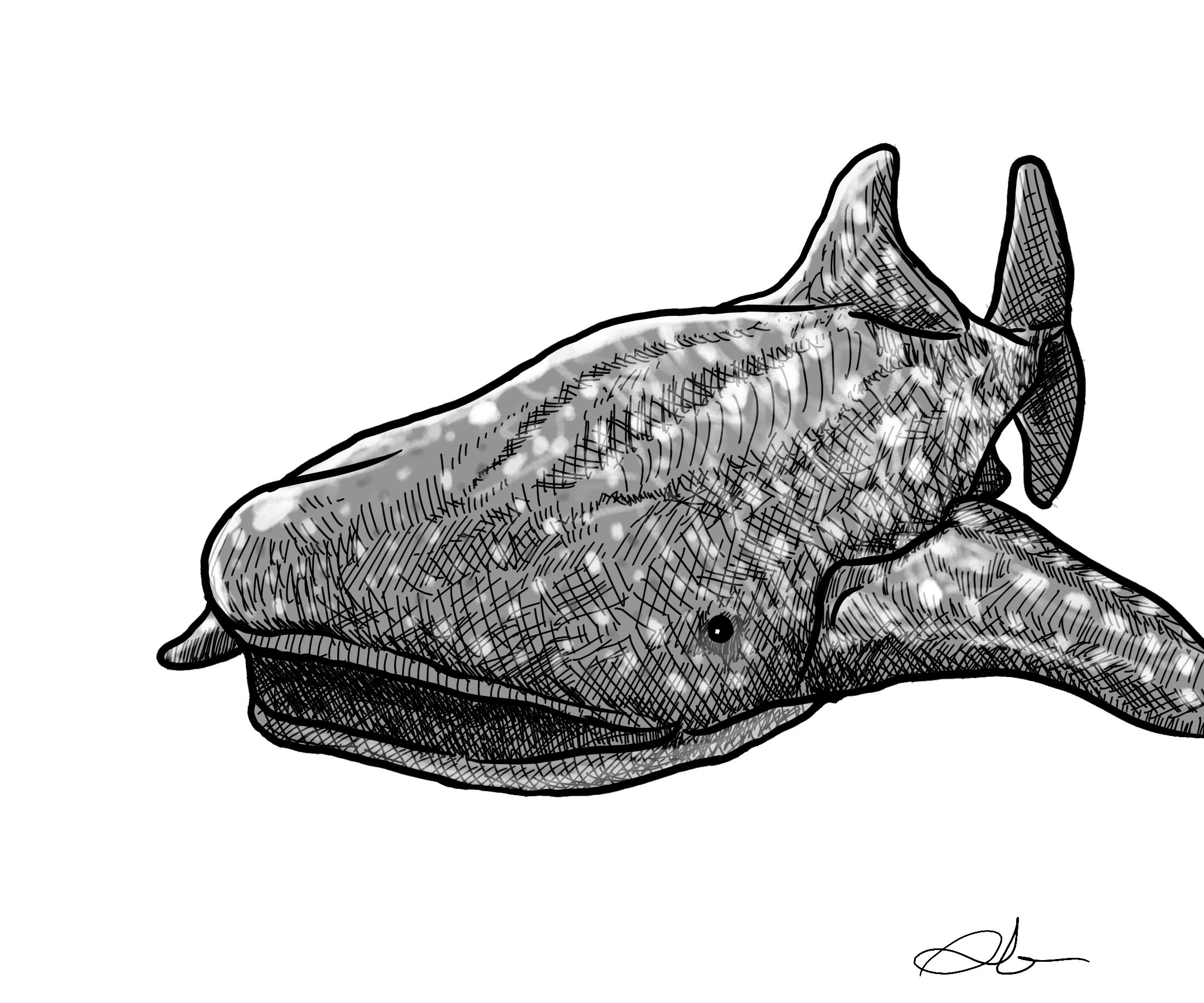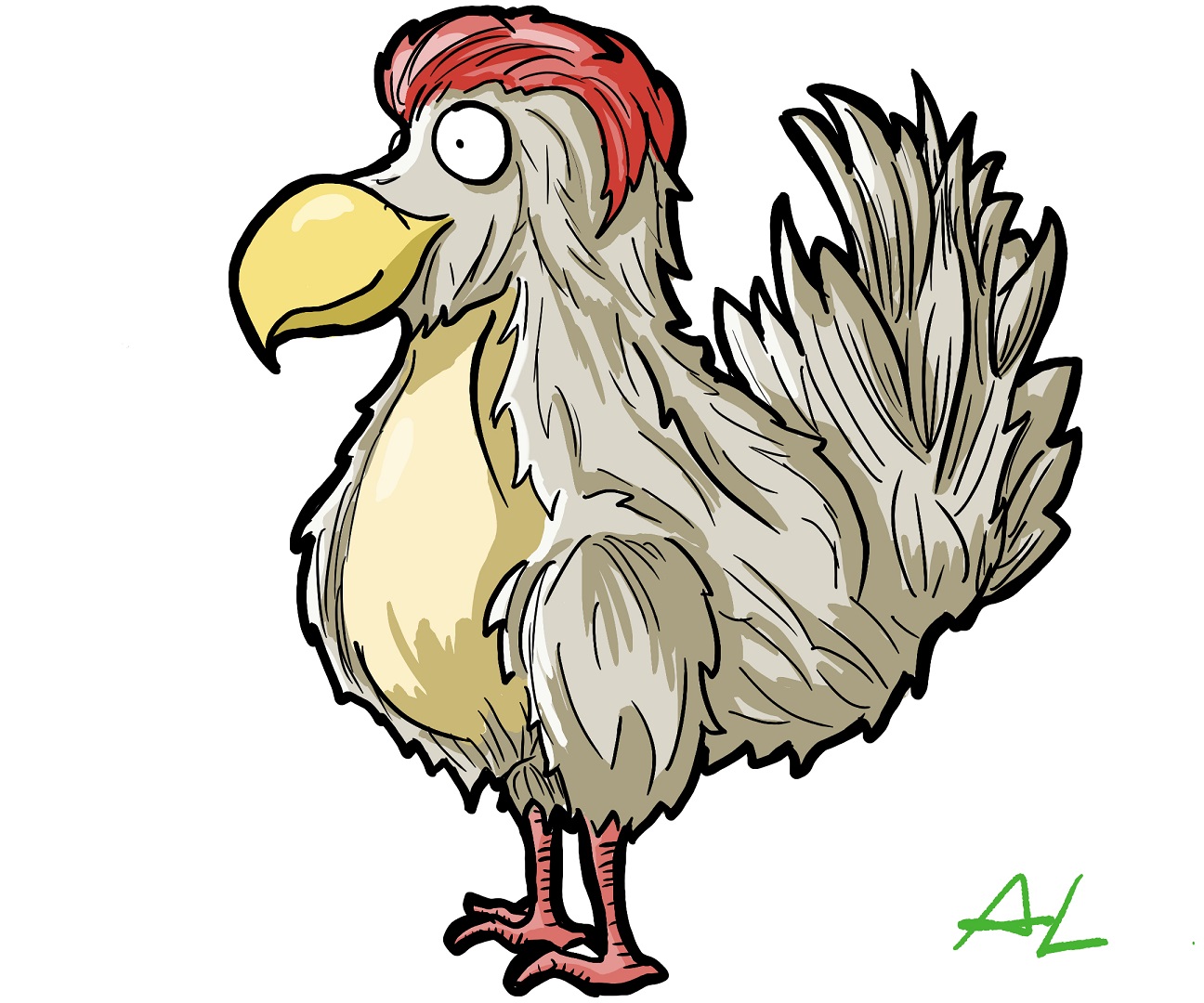Art & Design
At UCL Academy we promote the importance of subjectivity through the teaching of Art and Craft. An Art education allows students to liberate themselves from the literal, to tolerate ambiguity and inspect their own ideas to discover their emotional selves.
In Art lessons, UCL Academy students of all stages will be encouraged to learn both the verbal and visual language of Art; gaining the ability to question art and to think like an artist. Students will learn from both historical and contemporary contexts, viewing culture and politics through the artwork of its time.
The Art studios are well-equipped; alongside a full range of painting and 2d drawing materials students also benefit from a kiln, printing press, sewing machines, digital cameras and suite of macs and chromebooks. Students work on a range of 2d and 3d projects building technical skill, know-how and critical thinking abilities through the creation of individual outcomes. Projects are designed to enable students to build on their observations and life experiences.
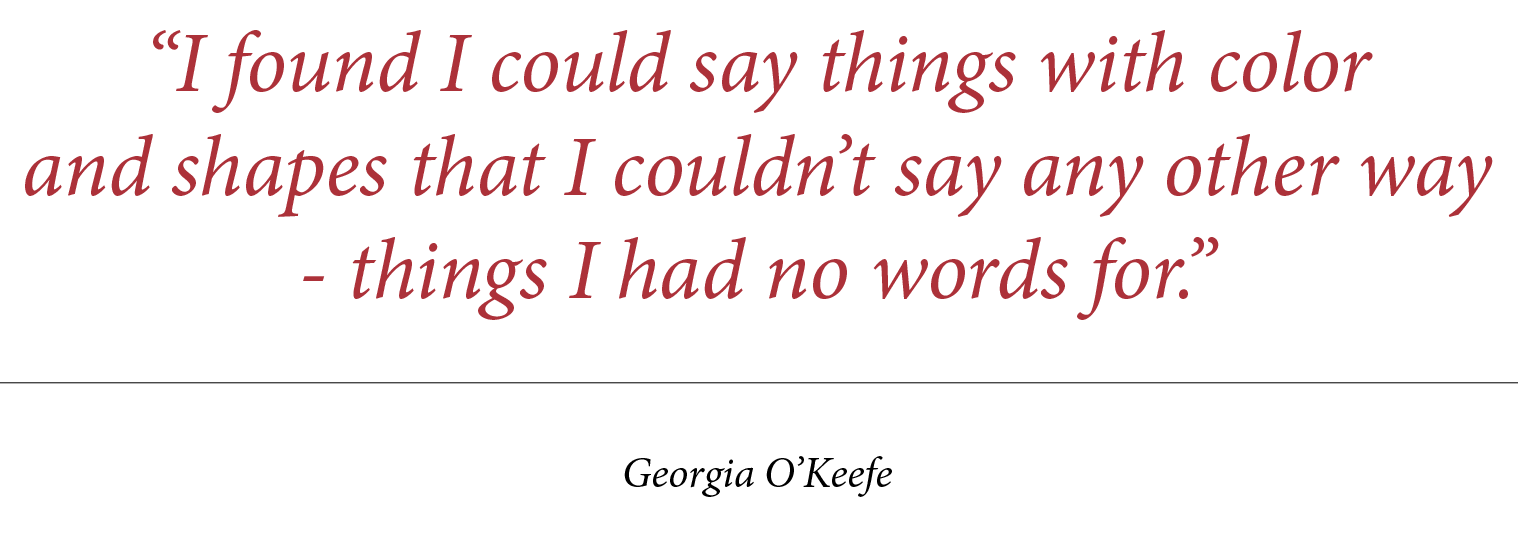
Key Stage 3
Students in Foundation, Level One and Level One Plus receive one 50 minute lesson per week.
We begin the Foundation year by teaching the formal elements of Art, introducing students to the eight ‘ingredients’ of Art, which they will consider in each future Artwork they create or analyse. This theoretical grounding continues to be embedded in the teaching of two projects each year, for each year group in KS3.
Within the projects students develop skills, knowledge and understanding in a range of media, starting with 2d mark-making in pencil and colour pencil, watercolour painting, printing, and 3d modelling. Students will be taught about the work of a range of artists both historic and contemporary, from different cultural backgrounds.
Key Stage 4
Two different creative options are available at GCSE, either Art or Photography. The teaching of both subjects is designed to enable students to meet the four Edexcel GCSE Assessment Objectives:
- Contextual Research: Understanding artists, art styles, culture. Inspiration and analysis.
- Experimentation & skill development: Using a range of media with evidence of skill progression.
- Recording and idea development: Annotation, critique, analysis & drawing for different purposes.
- Final artwork: a skilled, individual expression developed as a natural progression through the research, experimentation and recording process
Students receive three 50 minute art lessons per week. These are augmented with workshops and trips to galleries, museums and places of interest in order to ensure students have exposure to cultural experiences which will inform their creativity.
Students in Level 2 will start to create a portfolio of coursework that continues into Level 2P until the exam paper is received in the January of Level 2P.
Portfolio work starts with a theme, under which students develop their work. These are broad themes which allow for wide ranging, individual interpretations.
Students are guided through each assessment objective (AO) for the first 6 months of the course, producing semi-directed outcomes within each area. Students are then given autonomy to create final artwork from this project theme based on sketchbook work to-date.
From Easter Level 2 students are given a second broad theme to respond to, with final artwork due in December. The second project allows students more immediate autonomy and a swifter move from being teacher-led to becoming independent thinkers and artists.
Level 2P Students receive their exam paper in January, from when students work independently on the given theme, showing their ability to research, experiment and develop ideas, in order to plan a final piece of work. The final artwork is produced in exam conditions during the 10 hour exam which takes place after Easter.
Key Stage 5
Students studying A Level Art receive five 50 minute lessons each week and are taught by two Art teachers. After an induction period where students are introduced to a range of media, students are given opportunities to develop their knowledge, understanding and skills through the introduction of a loose project theme which they can move into a specific area of their own interest.
A level students will be guided to generate and develop ideas, use primary and contextual sources, record their practical and written observations and explore materials, processes, technologies and techniques. Students take part in trips and workshops and are also encouraged to visit galleries independently whenever possible.
The A level comprises a personal investigation component worth 60 percent of the qualification and an externally set assignment (exam) component worth 40 percent of the qualification. The personal investigation includes visual artwork as well as in-depth research, most often submitted in the form of a 3000 word essay. The exam is 15 hours, during which students create a final artwork outcome from the exam theme set by Edexcel.
Students receive regular one-to-one tutorials with each of their teachers, enabling them to hear diverse perspectives and requiring them to make their own informed decisions. Our aim is to develop independent, confident and skilled artists.
Art Scholars
As part of the admissions process, KS2 students can choose to take part in an Art specific entrance exam. Having sat the Art Aptitude test, 18 Art Scholars receive a place at UCL Academy and gain access to a tailored programme of Visual Art events to hone their visual art and craft skills. The Art Scholars programme offers students additional artist workshops, gallery trips and regular scholars lessons which they receive for three years in addition to their weekly KS3 art lessons.
Term Plans
Exam Specifications
GCSE Edexcel (1AD0) – Click here to see the specifications
A Level Edexcel (9FA0) – Click here to see the specifications
We recommend students gain as much experience of art as possible. There are many galleries and exhibition spaces in London, most offering free access to Art, Craft and Design.
Here are some websites to help you plan some cultural excursions of your own.
Camden Arts Centre: https://camdenartcentre.org/
The Design Museum: https://designmuseum.org/
Tate Modern and Tate Britain: https://www.tate.org.uk/
The National Gallery: https://www.nationalgallery.org.uk/
The National Portrait Gallery: https://www.npg.org.uk/
The Whitechapel Gallery: https://www.whitechapelgallery.org/
The Photographers Gallery: https://thephotographersgallery.org.uk/
The Barbican: https://www.barbican.org.uk/
The Victoria and Albert Museum: https://www.vam.ac.uk/
The Royal Academy of Arts: https://www.royalacademy.org.uk/
The Hayward Gallery and Southbank Centre venues: https://www.southbankcentre.co.uk/whats-on/art-exhibitions?type=art-exhibitions
There are a variety of creative self-directed learning opportunities each year for students to hone their art skills and have fun. These change each term and include access to a variety of techniques such as pottery, lino printing, painting and photography.
Gallery
